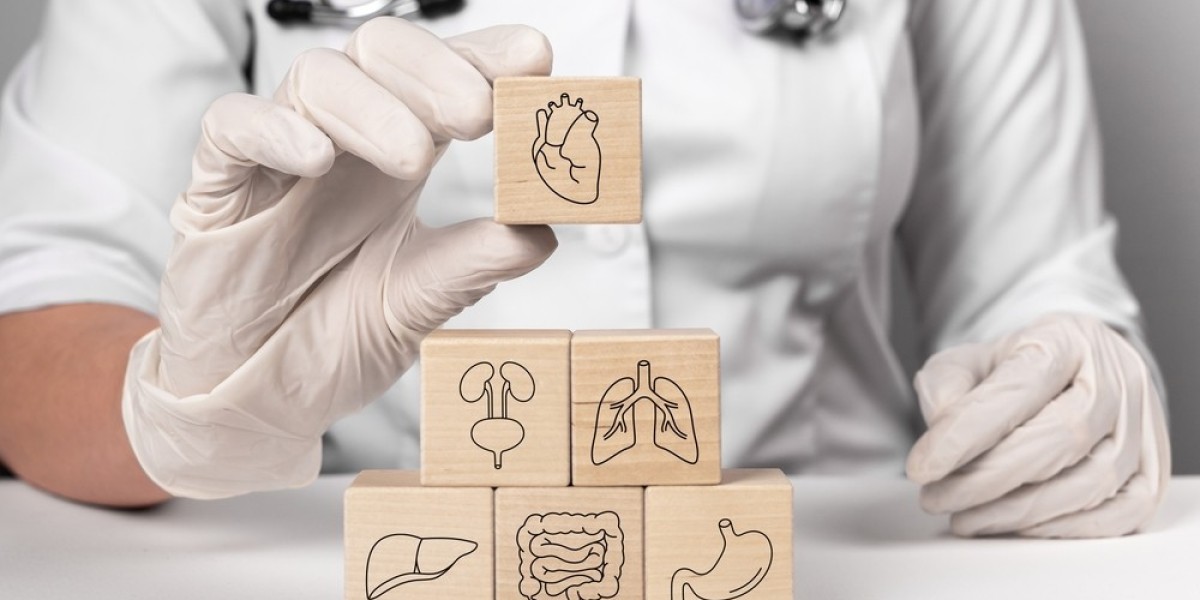A routine checkup is done to maintain wellness and not when you display disease symptoms. The purpose of a routine checkup is usually to prevent illnesses rather than treat an active symptom or an already diagnosed disorder. This is usually a full body checkup that may include a complete blood test based on age, gender and lifestyle.
What to Expect During a Routine Checkup?
A general checkup usually includes the following:
Checking your weight, height and heart screening tests like heart rate and blood pressure
Your doctor may discuss cancer screening tests appropriate for your age and medical history, such as a colonoscopy or mammogram.
Discuss other tests for sexually transmitted diseases like the HIV test
Suggest routine blood checkups
Administer any immunizations like tetanus, influenza, etc.
Additional senior citizen health checkups like fall risks, hearing loss, memory loss, etc.
How Often Should Adults Get Checkups?
The recommended frequency between routine checkups is usually based on your age, current health status and other risk factors. While getting an annual full body health checkup is not necessary for healthy individuals below 50 years, a routine blood test package can help you understand various parameters that can help in living a healthy lifestyle.
Doctors usually recommend a routine checkup:
every 3 years for those under the age of 50 years
every year once you turn 50 years
For chronic diseases like diabetes or Chronic Obstructive Pulmonary Disease (COPD), your doctor may recommend more frequent general checkups.
Benefits of Regular Checkups
There are several key benefits of getting regular full health checkups, including:
It helps identify potentially life-threatening health issues.
It helps get early treatment that can increase the odds of a positive outcome.
Regular general checkups help lower the risk of symptoms of disease worsening or causing other complications.
It lets you stay updated with further necessary tests like cardiac screen tests.
It helps you maintain an open and honest relationship with your general physician and encourages you to find a reliable diagnostic centre useful in emergencies.
It helps you live a healthier lifestyle, reducing healthcare costs later in life.
It allows you to live a happier, healthier life as you are assured of how fit you are and take the required steps to ensure your body is in optimal health.
Additional Tests
Although most of the tests included in a routine checkup are similar for both men and women, there are a few additional tests that you may have to undergo based on your gender.
Women
A full body checkup for females may include these additional tests:
A mammogram for women between 50 and 74 years to screen for breast cancer.
Pap smears between 21 and 65 years to identify the risk of cervical cancer
High cholesterol screening from the age of 45 years
Osteoporosis screening from the age of 65 years
Intimate partner violence screening for women of childbearing age
Men
A men's complete health checkup
A prostate exam if your doctor thinks you may need it after the age of 50 years
High cholesterol screening from age 35 years onwards
Abdominal aortic aneurysm screening for men between 65 to 75 years with a history of smoking
Bottom Line
Taking your health into your own hands with routine checkups helps you feel more empowered and in control of your body. You need to talk to your doctor about any changes you may have observed in your body between your last general checkup and the current one to determine if it is a cause of concern.








